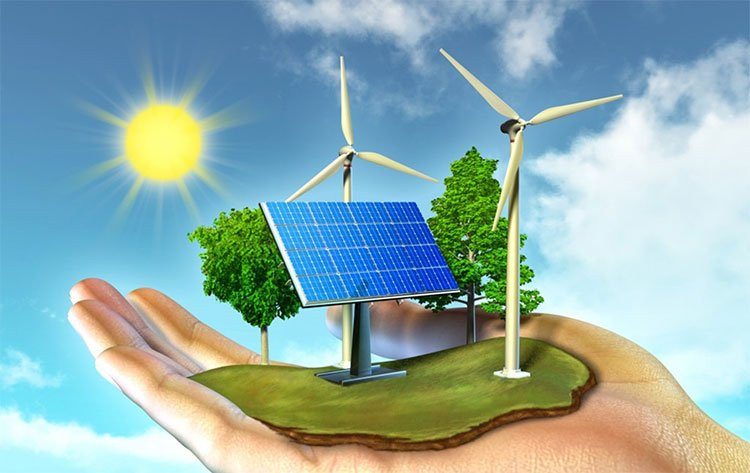In order to transform the world energy industry into a clean energy economy, renewable energy technologies must be provided globally. However, globalize clean energy sources is not an easy target to reach. A recent obstacle of this industry is the barrier of the intellectual property system which makes access to clean energy in developing countries difficult.
The state of renewable energy in the world
In the pharmaceutical sector, patents often have a significant impact on the price of the product. This is due to the uniqueness of this industry, cause medicine doesn’t often have a suitable substitution method in the society. In contrast, in the renewable energy sectors reviewed in this article, basic technology solutions have not been patented for a long time. Because, often, only specific improvements or new features in a product that have an impact on the world are patented.
The energy industry is not a unique industry. No energy firm can monopolize one type of energy. There are many global energy firms competing with each other to offer products to consumers. This leads to a decline in the prices of energy types in the market.
Furthermore, it’s not just renewable energy firms that compete with each other. They also have to compete with fossil fuels and alternative power sources. All of these disputes are beneficial to the consumer. However, it is also the reason for the decline growth of all energy firm.
The impact of renewable energy in developing countries
The current three major renewable energy sectors include the photovoltaic, biomass, and wind. These energy sectors are expected to have a positive effect on developing countries.
The most obvious impact of this type of energy is its ability to reduce CO2 emissions in nature (currently international law does not require this criterion, but it might be required in the future).
The second impact of the clean energy market is the offsetting of carbon in the environment under the Clean Development Mechanism (CDM), according to the Kyoto Protocol. Both of these goals can be achieved by importing technology integration products. An example of this type of product is off-grid power supply photovoltaic panels.

The third impact of the renewable energy sector in developing countries is the renewable energy industry itself. Developing countries can become renewable energy suppliers if they are licensed with the ability to produce these types of energy. This can be achieved if the country has a local energy company that meets international standards. Another option is to establish a partnership with a well-known international energy company. In addition to obtaining certifications from major energy countries, developing countries can also research and produce renewable energy sources on their own.
Difficulties encountered when entering energy market in developing countries
In the market, there do not appear to be any significant IP barriers preventing the world from benefiting from the reduction of carbon emissions in developing countries. However, developing countries will have a bit of a hurdle when considering about the opportunities to enter export markets for solar cells, ethanol (or other renewable fuels), and wind engines.
Especially for the ethanol industry, the main concerns will not be IP barriers but legal issues related to tariffs and similar regulatory barriers. The photovoltaic (PV) industry also shared the same opinion that the IP system is unlikely to be a significant barrier. As for the wind energy industry, it is true that there will be some IP legal obstacles. However, these issues will not be too complicated to solve.
The problems surrounding the three renewable energy sectors discussed above are the conundrums facing developing countries. The above analysis shows that stronger IP laws will help foreign investors feel more secure when sharing renewable energy technologies with developing countries. Certainly in the near future the world will revolve entirely around the use of renewable energy. Therefore, strengthening the protection of intellectual property rights is a necessary condition for the development of the energy sector which is still weak in developing countries.
ASL LAW is Project and Energy law firm in Vietnam. If you need any inquiry, please contact us.

 Tiếng Việt
Tiếng Việt 中文 (中国)
中文 (中国)

